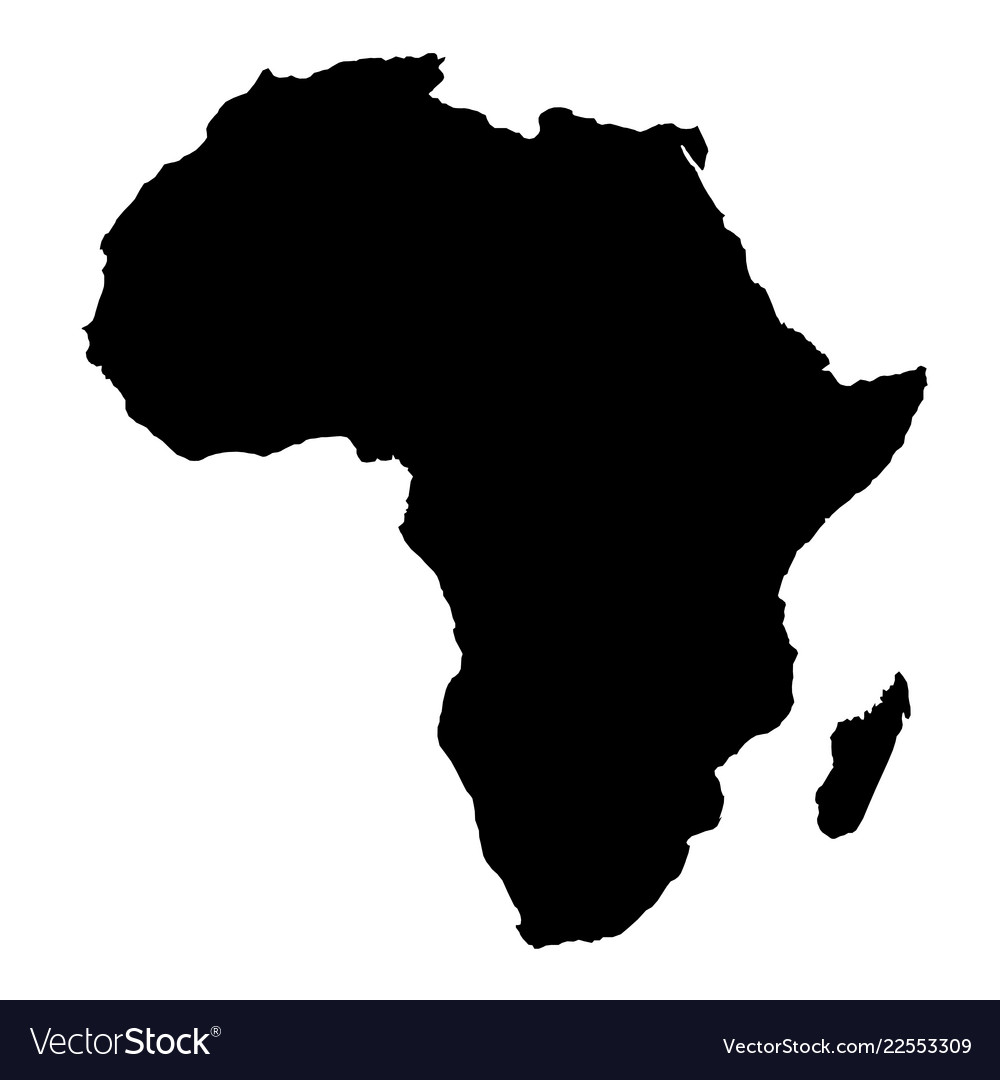
Each country in Africa has hundreds of proverbs and folk tales. Some proverbs are easy to understand, while others are more abstract. Some African proverbs only make sense to the people from the town where it originated. Much of Africa's history has been passed on through the generations orally, and proverbs are one of the great ways that African history or beliefs have been able to survive the years. The Akan people of Ghana were the ones who started the idea of telling proverbs and spreading it across the country. They believed that proverbs and stories were, and still are, a key to understanding the ways of African life past and present. They may be a warning against foolish acts or a guide to good conduct. They bring special meaning to certain situations and may even solve particular problems. In Africa, proverbs are not only expressed in words but through drumming and the sound of the horns blown by the attendants of chiefs. Even patterns woven in cloth or painted on mudcloth may express a favorite proverb. One example is the Kente pattern Tikoro nko agyina (tih koro nko ahg'yee'nah) "One head does not go into council (It is better if two heads make a decision)" which the Republic of Ghana presented to the United Nations. It may be seen hanging on one of the walls in the delegates' lounge in the United Nations Building in New York City. The Yoruba of Nigeria emphasize the value of proverbs by saying "A proverb is the horse that can carry one swiftly to the discovery of ideas".
Here are a couple of favorite African proverbs along with their meanings:
"A bird that is eating guinea-corn keeps quiet." (Someone going about his regular business will not create a disturbance. Dedicate yourself to a task.)
"Don't insult the crocodile until you cross the water." (Be careful about criticizing others.)
You can find many African proverbs on the Africa Imports web site, just Click Here.
 USD
USD  GBP
GBP  CAD
CAD  AUD
AUD 